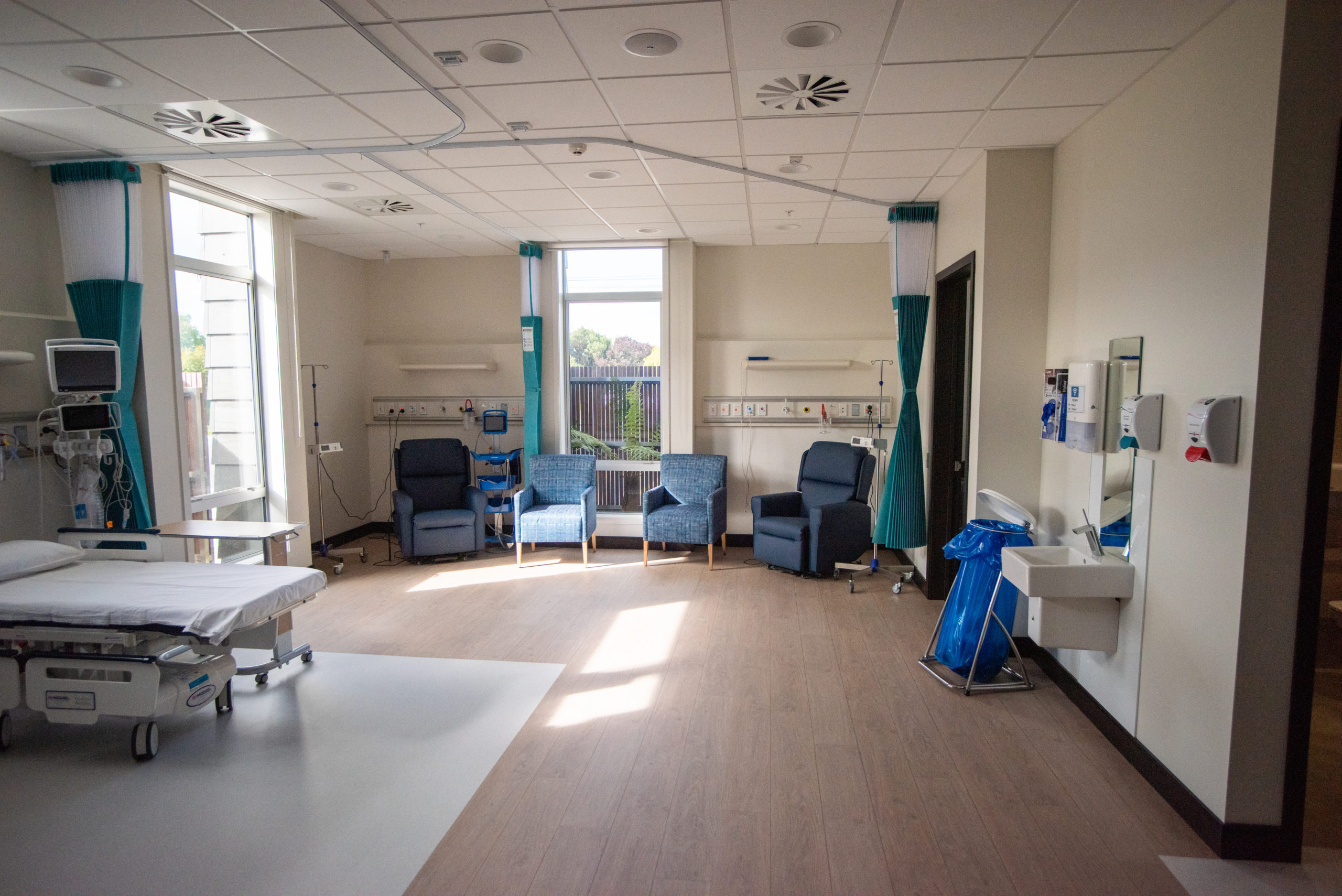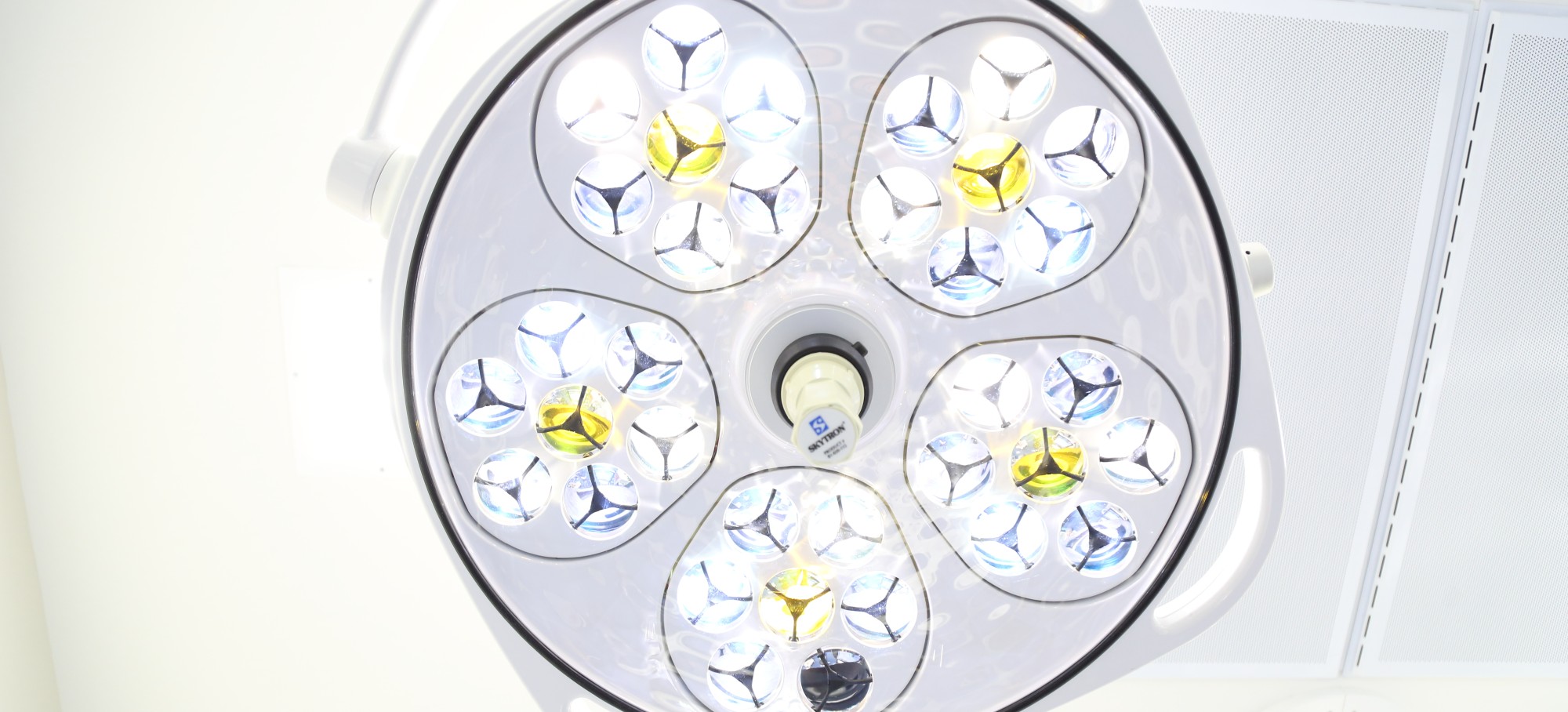At Tasman Day Surgery, we are committed to offering our endoscopy services in a friendly, comfortable, and compassionate environment. If you require an endoscopy, our NZ team will provide you with the high-quality, comprehensive care you deserve. Our skilled doctors specialise in a number of different endoscopic surgeries, with a special focus on colonoscopies and gastroscopies.
Gastroscopies
A gastroscopy, also known as an upper endoscopy, involves using a thin, flexible tube called an endoscope to examine the esophagus, stomach, and upper part of the small intestine (duodenum). We can perform this procedure at our endoscopy clinic to detect and diagnose the cause of many different ongoing symptoms, including:
- Bloating
- Acid reflux
- Heartburn/indigestion
- Nausea and/or vomiting
- Upper abdominal pain
- Unintentional weight loss
- Difficulty swallowing (dysphagia)


Colonoscopies
A colonoscopy is a common medical procedure that uses a long, thin, flexible tube, known as a colonoscope, to investigate the inside of your large bowel. The colonoscope is gently inserted into your colon and uses a camera and light to allow your doctor to view your bowel in detail.
Our endoscopy clinic can perform colonoscopies to help diagnose a range of gastrointestinal conditions by identifying the cause of various digestive problems and other health issues, such as:
- Anaemia
- Abdominal pain
- Rectal bleeding
- Blood in the stools
- Ongoing diarrhoea
- Changes in bowel habits
- Unintentional weight loss
- Positive bowel cancer screening results
Frequently Asked Questions
When you book an endoscopy at our NZ clinic, you can expect your entire stay to last three hours or less. Once you have checked in and completed all necessary paperwork and pre-procedure preparation, we will then go over any final questions you may have before proceeding with the examination.
The procedure itself should take approximately 10 to 20 minutes. Afterwards, you’ll need to spend some time in our recovery room, where you will be monitored until the effects of your sedation wear off. We will also provide you with any post-procedural instructions and discuss any findings with you. Following your procedure, it’s important you have someone who can pick you up and take you home, as you will not be able to drive for 24 hours afterwards.
You can book your appointment at our private clinic by either getting a referral from your GP or by contacting us directly. Your GP can refer you to our endoscopy clinic by emailing your referral form directly to [email protected] or by using the ERMS referral system.
In most cases, we do not use general anaesthesia when performing procedures at our endoscopy clinic. Instead, our patients are given medications that reduce anxiety, alleviate discomfort, and place them into a relaxed state of consciousness. This is typically referred to as “conscious sedation” and will help you remain calm and comfortable during your procedure without the need for general anaesthesia.
Since an endoscopy is a minimally invasive procedure, the recovery period is often relatively short. This can vary from person to person, but most people typically experience minimal discomfort and are able to resume all their regular activities 24 hours after the procedure.
Immediately after your endoscopy, you may need some time to rest and allow the effects of sedation to completely wear off. It is common to experience mild bloating, gas, and/or a sore throat, which should improve within a few hours. If you experience severe abdominal pain, persistent vomiting, fever, or any other concerning symptoms after the procedure, it is essential to contact your immediate healthcare provider as soon as possible.
